
THE ERAM
MAGAZINE
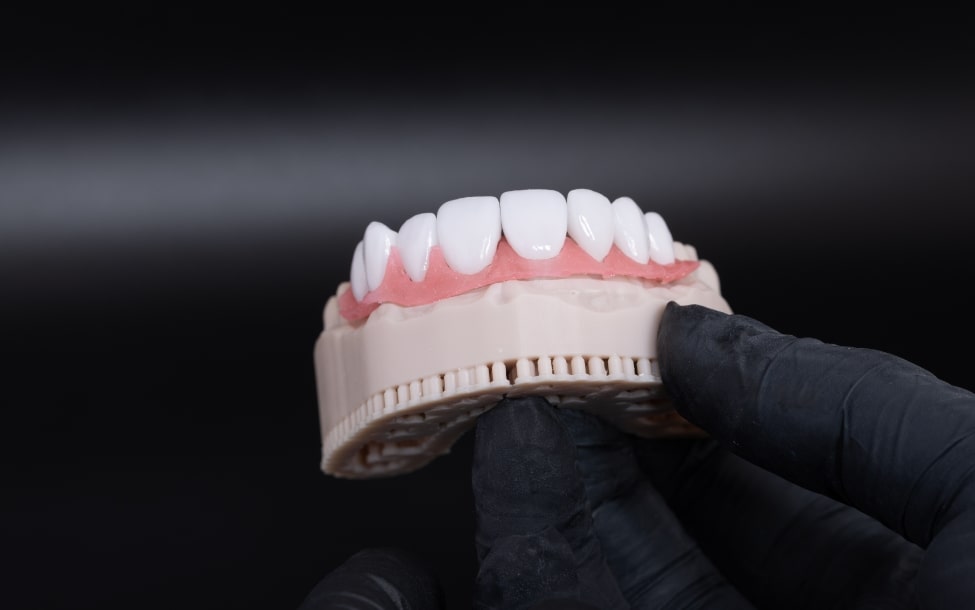
Ein Lächeln, das verzaubert: Der perfekte Zahnersatz für Sie
Ein strahlendes Lächeln kann nicht nur Ihr äusseres Erscheinungsbild positiv beeinflussen, sondern...

Strahlend weisse Zähne
Ein strahlendes Lächeln ist der perfekte Ausdruck von Gesundheit und Schönheit. Wer wünscht sich...
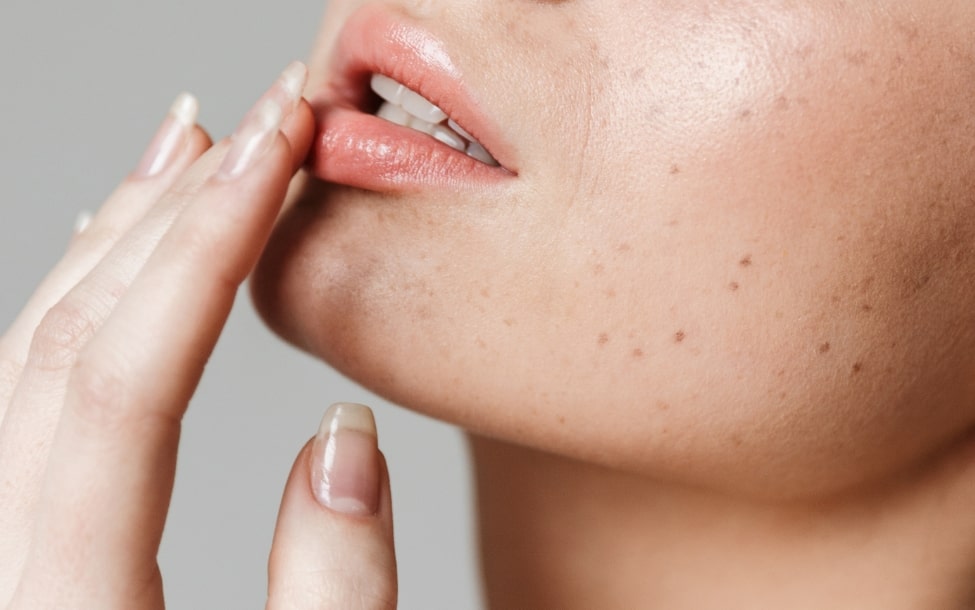
Zahnschmerzen und ihre Ursachen
Zahnschmerzen sind nicht nur unangenehm, sondern können auch auf ernsthafte Probleme hinweisen.
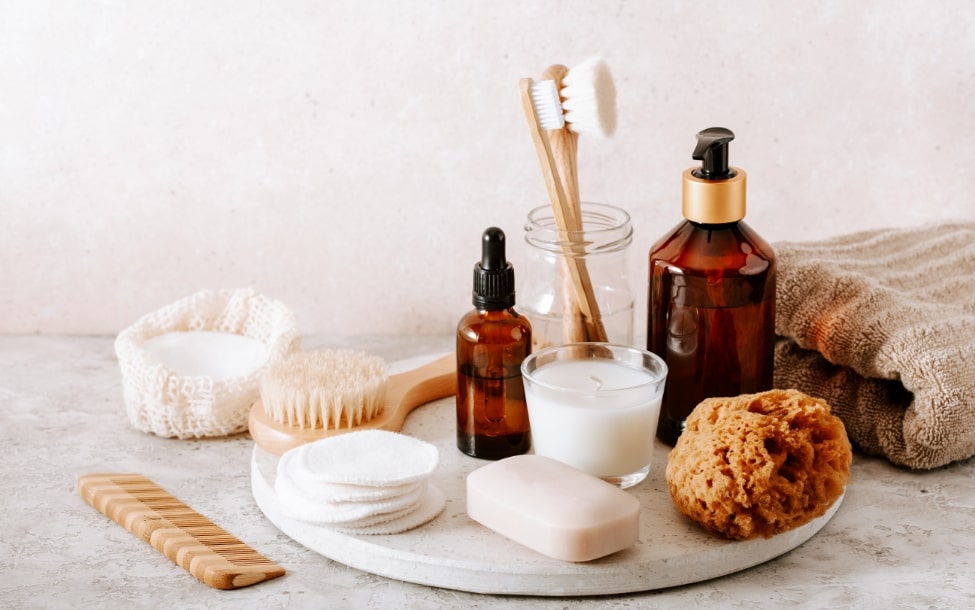
Die 8 schlimmsten Fehler bei der Zahnpflege
Gesunde Zähne sind nicht nur ein ästhetischer Gewinn, sondern auch ein essenzieller Bestandteil...
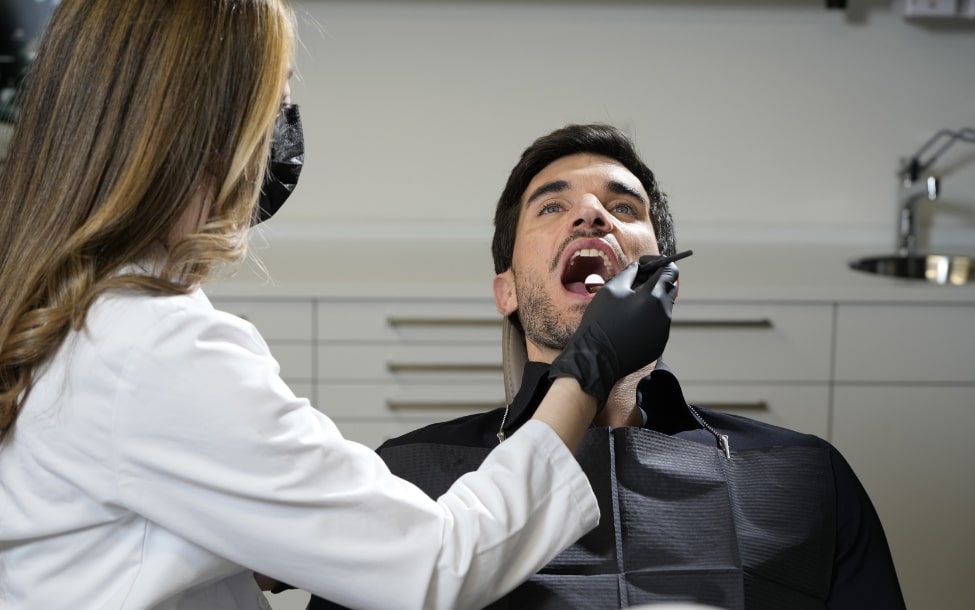
Der Unterschied zwischen Alignern und herkömmlichen Zahnspangen
Zahngesundheit ist ein Thema, das uns alle betrifft. Ein strahlendes Lächeln ist nicht nur...

Zahnarztangst besiegen: 7 Tipps für Angstpatienten
Ein strahlendes Lächeln kann nicht nur das äussere Erscheinungsbild verbessern, sondern auch das...

Die Bedeutung von Selbstvertrauen
Ein strahlendes Selbstvertrauen bildet das Fundament für ein erfülltes Leben.

Microneedling – Die Behandlung gegen Falten, Narben & Co.
Ein strahlender Teint, eine jugendliche Haut – wer träumt nicht davon?

Mesotherapie – Die effektivste Behandlung gegen Falten?
Ein strahlendes und jugendliches Aussehen ist der Wunsch vieler Menschen, und die Mesotherapie hat...

10 Gründe, regelmässig eine Massage zu buchen
Eine Massage ist nicht nur ein Verwöhnprogramm für gestresste Menschen, sondern bietet zahlreiche...

5 Argumente für eine Laserbehandlung
Die Laserbehandlung hat sich zu einer vielseitigen Methode in der ästhetischen Medizin entwickelt.
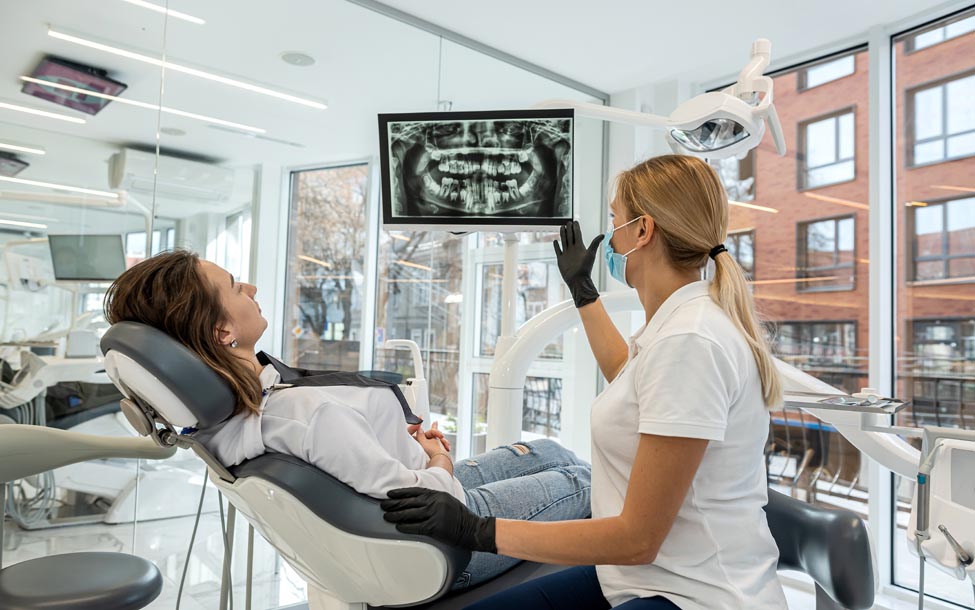
Die Bedeutung von Kieferorthopädie für die allgemeine Gesundheit
Die Bedeutung der Kieferorthopädie geht weit über ein schönes Lächeln hinaus – sie ist vor allem...
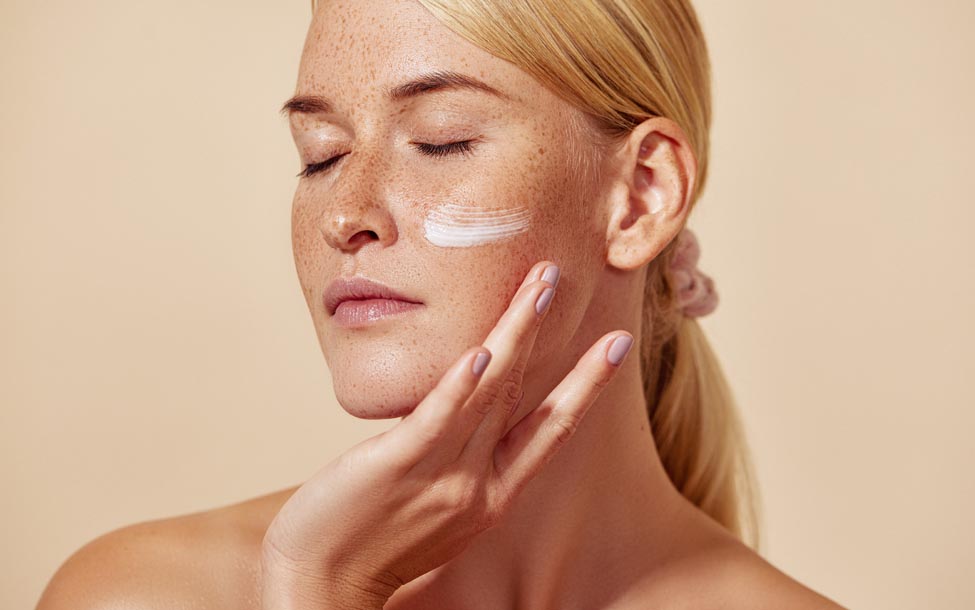
Gesunde Haut, gesunder Geist
Die Haut ist nicht nur unser grösstes Organ, sondern auch ein Spiegelbild unseres allgemeinen...
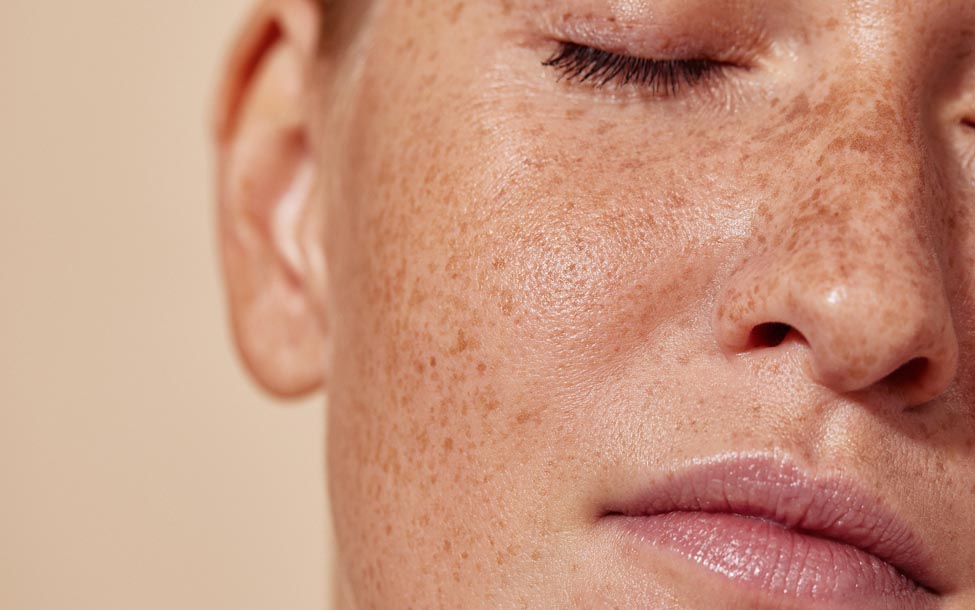
Hautaufhellung: So bekommen Sie einen strahlenden Teint!
Die Ergebnisse unserer Hautaufhellungsbehandlungen sind beeindruckend.

5 Dinge, die nach einer "Fett-weg-Spritze" passieren
Die Suche nach effektiven Methoden zur Körperformung hat in den letzten Jahren zu innovativen...

Beauty-Behandlungen ohne Schmerzen – ist das überhaupt möglich?
Ein strahlendes Aussehen ganz ohne Schmerzen – klingt das für Sie wie ein Traum?

Wie man mithilfe von DNA-Analysen seine Gesundheit verbessert
Die Bedeutung von DNA-Analysen in der Gesundheitsvorsorge gewinnt zunehmend an Bedeutung.

Facelifting – die verschiedenen Methoden im Überblick
Ein strahlendes, jugendliches Erscheinungsbild ist der Wunsch vieler Menschen.


